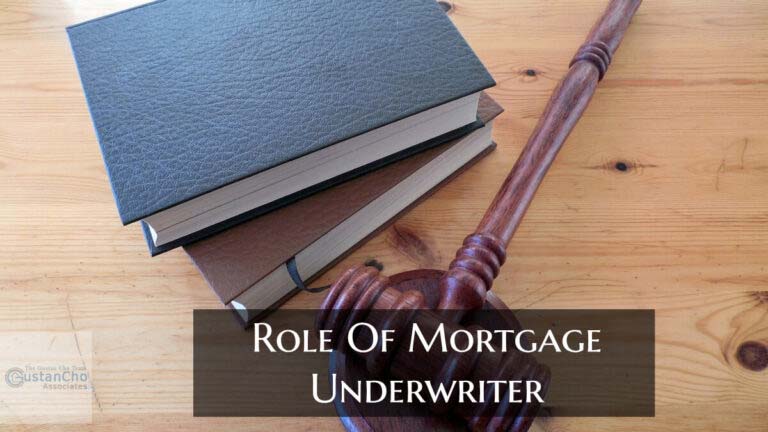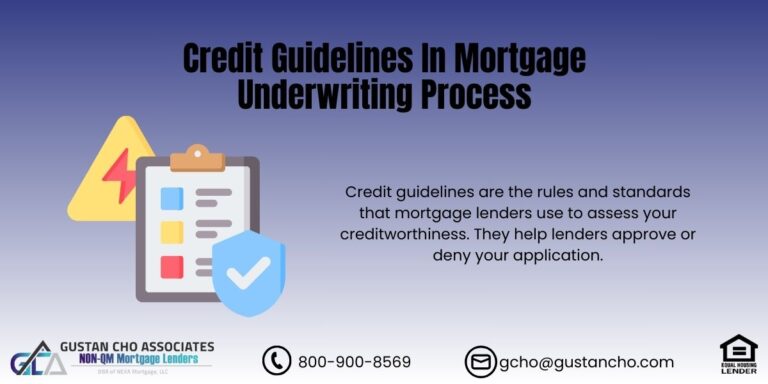How To Avoid Mortgage Fraud During The Mortgage Process
This guide covers how to avoid mortgage fraud during the mortgage process. We will discuss what constitutes mortgage fraud and ways of not crossing the line. Mortgage Fraud is any misleading information that mortgage loan applicants, loan officers, homebuyers, sellers, attorneys, appraisers, or other real estate professionals write in a mortgage loan application to secure a mortgage. Mistakes can happen when applying for a mortgage. However, was it a mistake, or was it intentional? This is the key question. Any altering or creating documents to deceive the loan officer, mortgage underwriter, and other professionals in making the loan is a felony punishable by up to 30 years in federal prison per offense. No loan in the world is worth the risk of jeopardizing freedom and committing mortgage fraud. In this article, we will discuss and cover how to avoid mortgage fraud during the mortgage process.
Mortgage Regulations And Laws
Avoiding mortgage fraud during the mortgage process should be a must. The housing and mortgage collapse has skyrocketed foreclosures and devastated our economy and housing markets. It is a serious crime when mortgage applicants lie on a mortgage application or try to deceive the lender in order to get a mortgage loan. Little white lies and incorrect information on a mortgage application are considered mortgage fraud. Days of creative financing and fake tax returns have long been gone. All information stated on the mortgage application will be verified. If the lender discovers that the information stated is not correct and deceitful such as doctoring up bank statements, tax returns, W-2s, not only can it result in a mortgage denial. It can also initiate an FBI investigation where the consequences can be extremely severe.
Definition Of Mortgage Fraud
The Federal Bureau of Investigation is the federal agency that investigates mortgage fraud. The term mortgage fraud is defined as any material misstatement, misrepresentation, or omission that is relied upon by a lender to fund, purchase, or insure a mortgage loan. This is how the FBI defines mortgage fraud. Referral fees and kickbacks used to be very common in the real estate business are illegal. Any non-disclosed referral fees or kickbacks are considered mortgage fraud. Inflating income either by falsifying tax returns or W-2s is considered mortgage fraud. Inflating the sales purchase price of the subject property and getting a kickback from the seller is considered mortgage fraud. Getting gift funds and repaying the gift funds at a later date is considered fraud. Gift funds cannot be repaid and the person receiving the gift and the donor of the gift both sign a statement stating so. Cases like this happen all the time but if perpetrators get caught, be prepared to be investigated by the FBI.
Occupancy Fraud
One of the most common acts of mortgage fraud is when a non-occupied borrower applies for a mortgage loan as an occupied borrower because they want to get the property for a family member who does not qualify for a mortgage loan. The non-occupant borrower is known as a straw buyer. Cases like these happen all the time and to most folks, it may seem like a good gesture. But this is not allowed and if a mortgage loan ever goes bad, borrowers will get caught and charged with mortgage fraud.
Potential Violators Of Fraud
Buyers, sellers, realtors, appraisers, attorneys, insurance agents, mortgage lenders, mortgage brokers, and anyone who is associated in the process of a real estate purchase, sale, financing are all potential violators of mortgage fraud. For example, how does an insurance agent commit mortgage fraud?
Case Study Of An Insurance Agent Committing Mortgage Fraud
An insurance agent can do a home buyer a major favor where he or she bills the homeowner’s insurance premium for less than the actual amount because the home buyer has a higher debt to income ratio. After the homebuyer closes on the home and the mortgage loan is funded, the home buyer will then pay the actual annual insurance premium shortage. In this particular case study, both the insurance agent and the home buyer have committed mortgage fraud to deceive the lender give them loan approval, and close the mortgage loan. If the other parties had no part or knowledge in this scheme, then the home buyer and the insurance agent are the only violators of mortgage fraud. However, if it was the attorneys, mortgage broker, and realtor’s idea, then all three of them have committed mortgage fraud. No mortgage loan on this planet is worth the consequences of being accused and convicted of mortgage fraud. Mortgage fraud carries a maximum federal prison sentence of up to 30 years. Avoiding Mortgage Fraud is the right thing to do during the mortgage process. Home Buyers who need to qualify for a mortgage with a national direct lender with no mortgage overlays on government and/or conventional loans can contact us at Gustan Cho Associates at 800-900-8569 or text us for a faster response. Or email us at gcho@gustancho.com.





